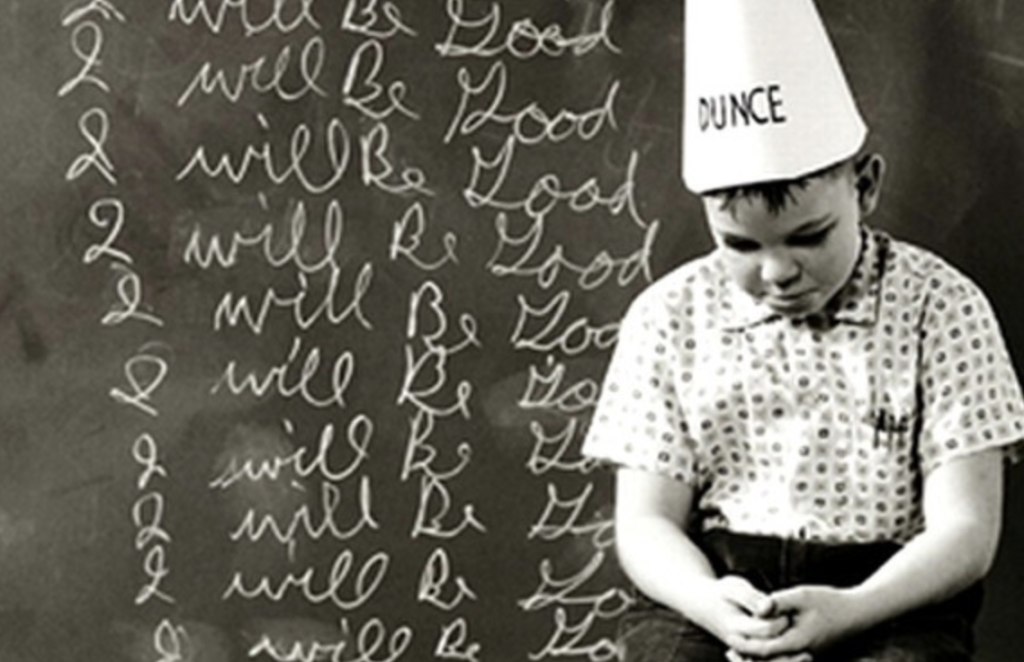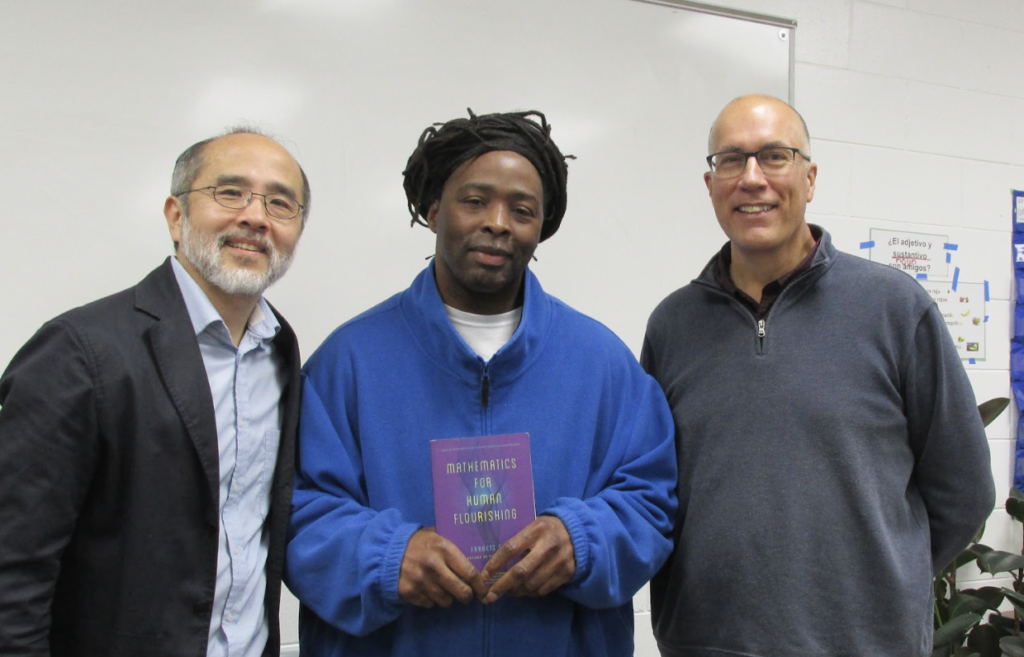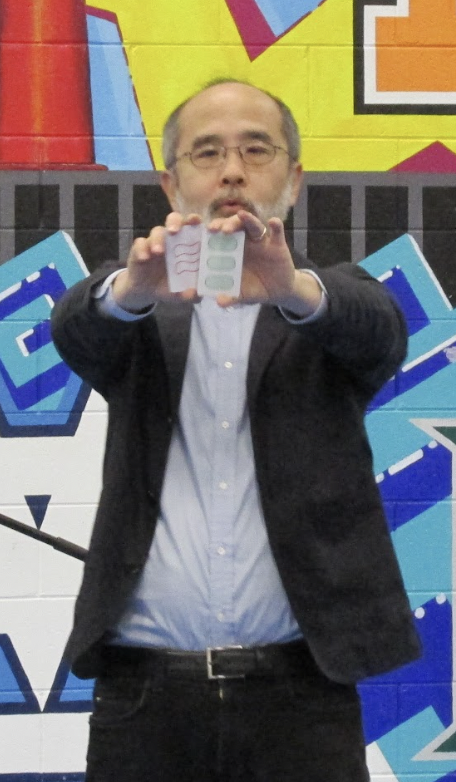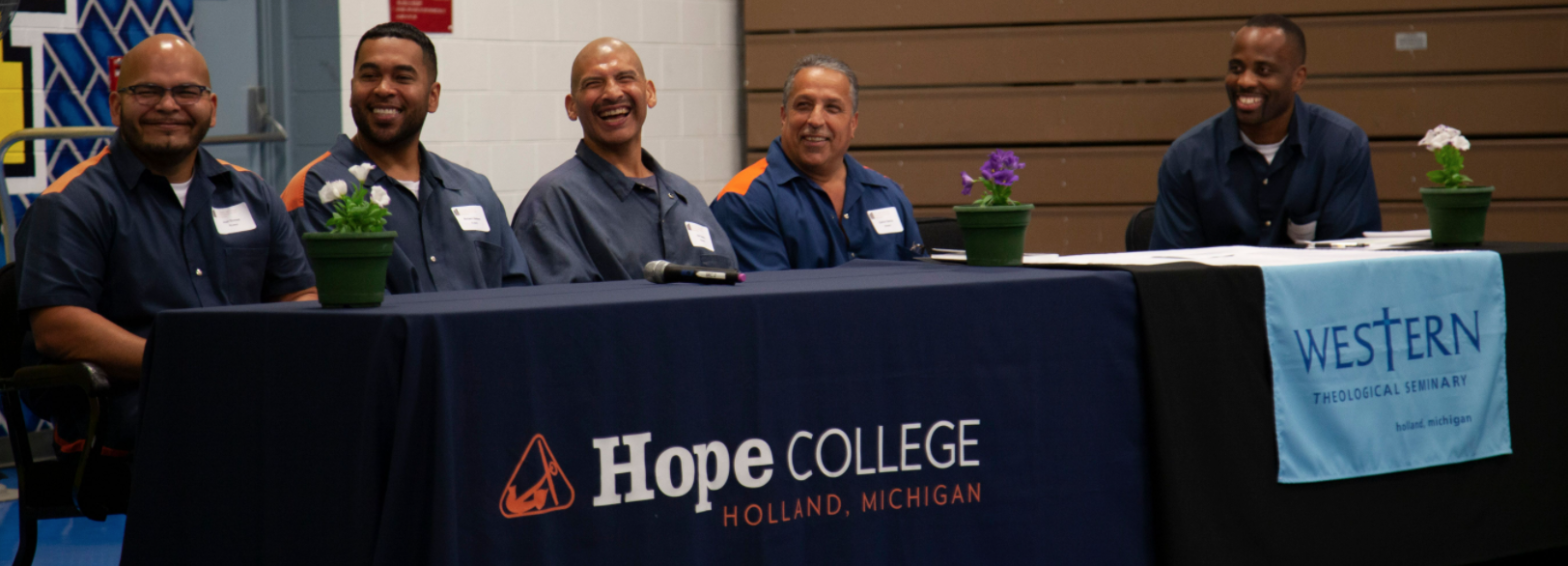“Open your math textbook to page 25 and try solving problem #3.”
That’s how I expected Professor David Austin might begin the Hope-Western Prison Education Program’s first-ever mathematics course. Instead, he welcomed the students warmly in his trademark soft, gentle voice. And then he asked the students to play a game with each other. And then another. And then a third. The students — grown men nervous about school and really nervous about math — were laughing. And helping each other. And discussing possible solutions. And enjoying each other.
It turns out that these games required mathematical thinking. HWPEP students — many of whom have been incarcerated for decades — were being taught to think mathematically. And they were also being taught to believe in themselves. For many, school was part of their traumatic pasts. They were used to hearing one of two messages during their childhood school years. Either “You’re not smart enough to succeed. You’re a disappointment” or “You don’t apply yourself. You’re a disappointment.” School was an occasion of shame.

In Professor David Austin’s mathematics class all of that was being turned on its head. Students were not only learning that they could think mathematically, but that they were able college students. They were not — are not — disappointments.
Part of Professor Austin’s brilliance in teaching the students as he did was the selection of his textbook. Francis Su’s Mathematics for Human Flourishing is about math, yes, but the chapters are titled in pretty surprising ways:
Exploration
Community
Meaning
Justice

Francis Su, Kenyan (a Cohort 1 student), and David Austin
Su’s text includes reflections on mathematics from Christopher Jackson, a self-taught mathematician serving a 30+ year sentence in a Federal prison. The two of them combine to assert the proposition that mathematics is in the service of human flourishing, and that virtue — and not merely calculation — lies at the heart of what mathematics is for.
Francis Su visited the HWPEP students at Muskegon Correctional Facility on October 11, 2023. The students were so excited to meet the author of their textbook. Su began his talk with a card trick that seemed like magic but was really a proof of a simple mathematical concept that drew the students in and had them fully engaged in his thesis — that there are “mathematical virtues” and these virtues help people flourish. “Math,” Su asserted, “helps us see the unseen patterns of the world.”

As the questions flew at Su from the students, he reminded them that struggling with hard mathematical problems develops hope because it builds confidence that difficult things can be accomplished. Math builds grit. The virtue of persistence is strengthened through math. “The ability to say I see something I don’t understand is a mathematical virtue,” Su reminded them.
Positive psychologist Martin Seligman asserts that human flourishing encompasses five dimensions:
- Positive emotions
- Engagement
- Relationships
- Meaning
- Accomplishments
It turns out that the study of mathematics can contribute to each of these dimensions. And it turns out that mathematics can help incarcerated students flourish too. Just ask an HWPEP student.


